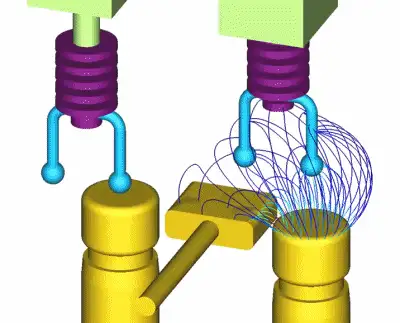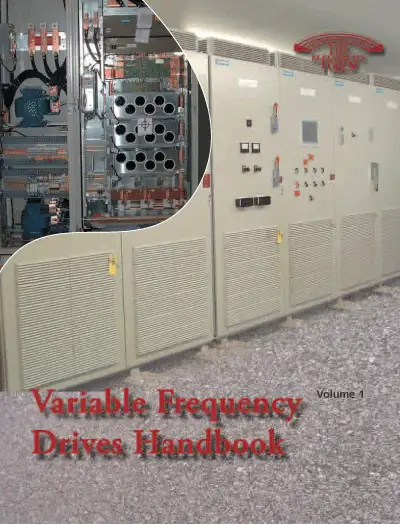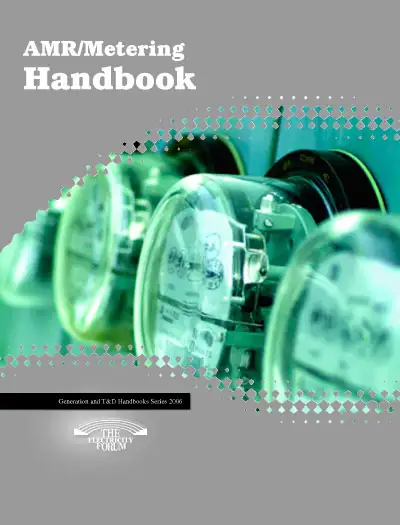Ground Fault Protection Systems
Addressing False Tripping and Sensitivity
Ground Fault Circuit Interrupters (GFCIs)
Smart GFCIs and the Role of IoT in Ground Fault Protection
Advancements in GFCI Technology for Enhanced Safety and Performance
Residual Current Circuit Breakers (RCCBs)
Ensuring Sensitivity and Selectivity in RCCB Performance
Portable Equipment Protection with Residual Current Circuit Breakers (RCCBs)
Ground Fault Protection
Preventing Electrical Fires: How GFCIs Can Minimize Arcing and Overheating Faults
Electrical fires are a significant threat to property and safety, causing billions of dollars in damages and claiming numerous lives annually. A major cause of electrical fires is faults in the electrical system, which can lead to arcing and overheating, ultimately igniting surrounding combustible materials. Ground Fault Circuit Interrupters (GFCIs) play a crucial role in preventing electrical fires by detecting and interrupting circuits experiencing ground faults and, to a lesser extent, arcing faults. This article explores how GFCIs help minimize the risk of electrical fires by addressing these two key types of electrical faults.
Understanding the Mechanics of GFCIs
GFCIs are designed to detect imbalances between the hot and neutral wires in a circuit. These imbalances often signal ground faults, which can lead to arcing and overheating.
Immediate Response to Faults
Upon detecting a ground fault, a GFCI will immediately interrupt the electrical circuit, cutting off the power and preventing the fault from escalating into a fire.
Sensitivity to Electrical Irregularities
GFCIs are highly sensitive to variances in electrical flow, capable of responding to ground fault currents as low as 4 to 6 milliamperes, which is significantly lower than the level that could cause harm or fire.
Role in Fire...

















